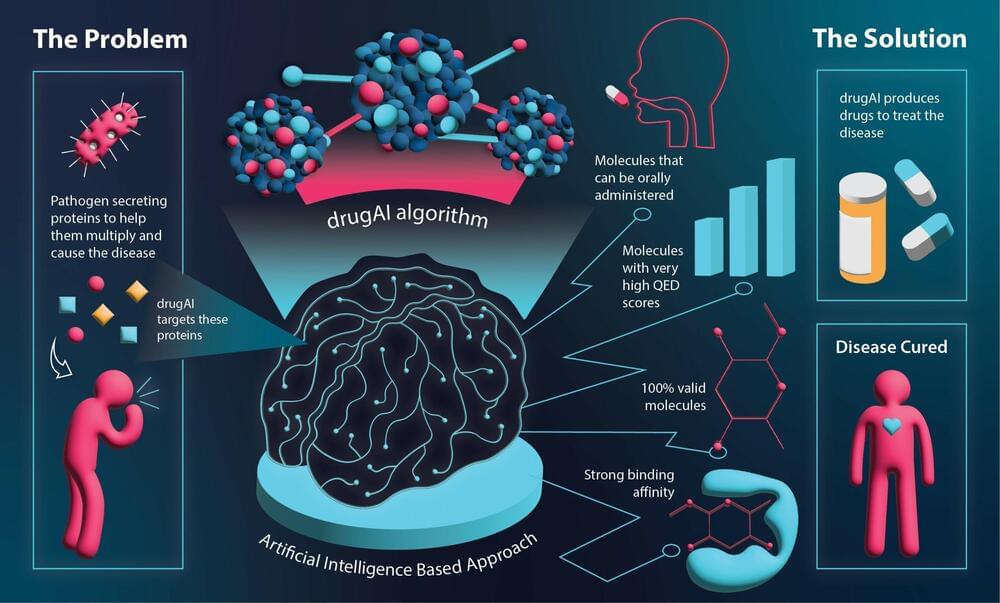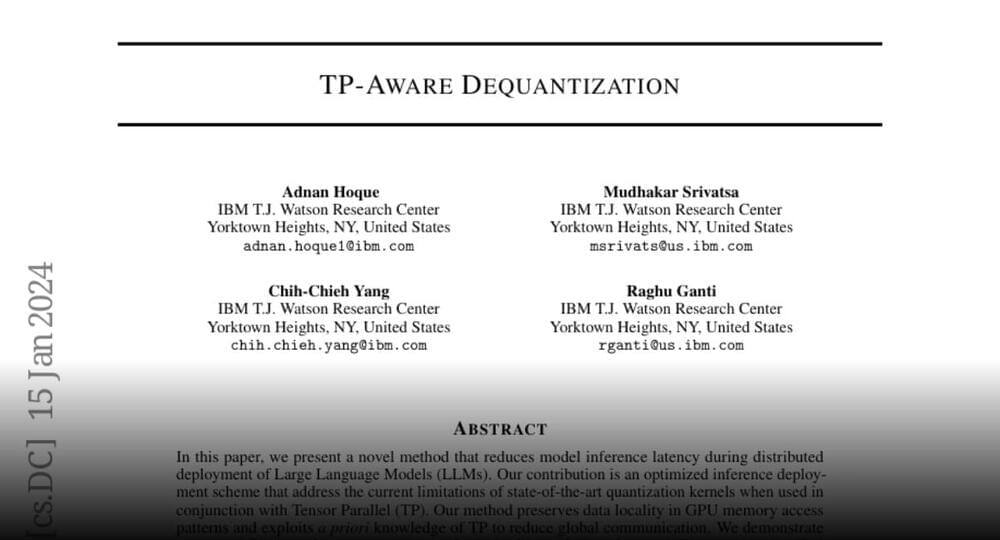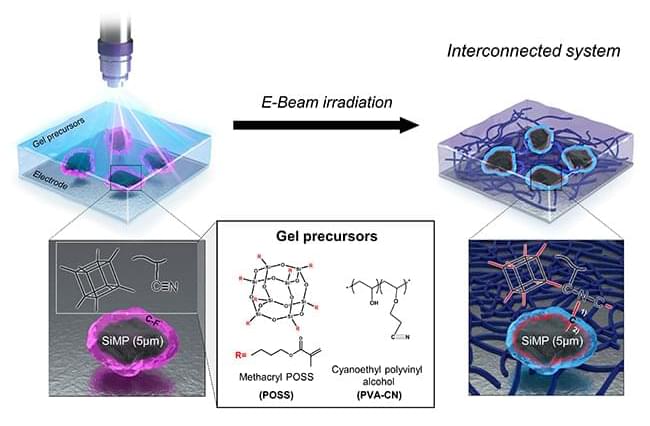Britain’s largest telecom service provider has put forward a plan to ensure that EVs are always within range of a charger. To do that, they’re planning to retrofit their existing street cabinets into publicly accessible L2 chargers.
Retrofitting a city’s existing electronic and digital infrastructure to promote widespread adoption of EVs isn’t a new idea — but UK telecom giant BT Group isn’t content to just talk about what’s possible. They’ve already done it!
The first such telecom cabinet-to-L2 charger conversion has already been completed in East Lothian, Scotland, and BT Group isn’t stopping there. The company says it plans to convert more cabinets in Scotland, England, Wales, and Northern Ireland in the coming months, with as many as 600 such conversions earmarked for completion by the end of 2024.








